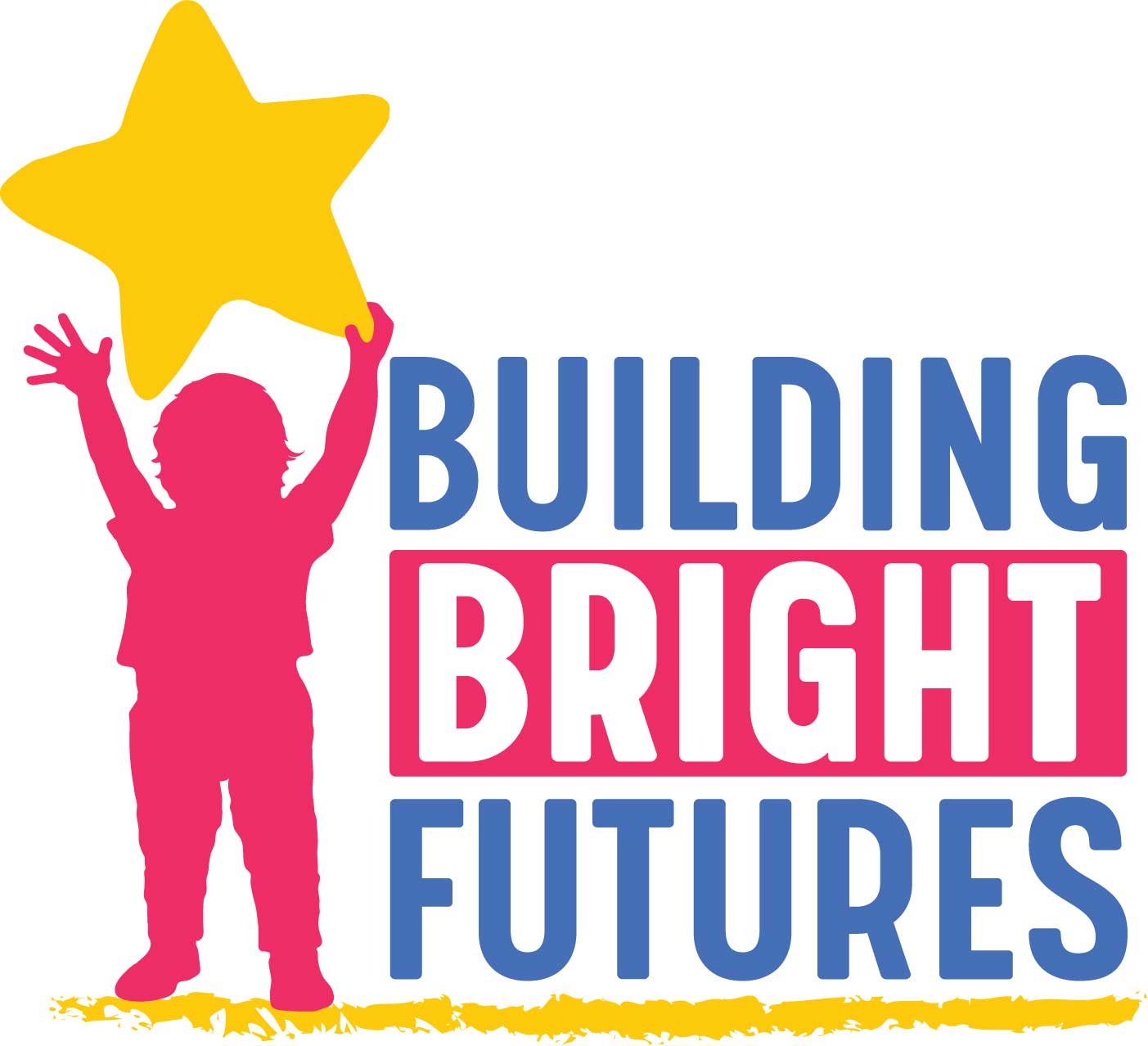Have you ever heard of The Basics or Boston Basics? I hope that after this quick read, you will remember the name, and will hopefully be interested in finding out more.
As a BBF coordinator, I can think of many places where the environment is perfect for young children and families to have high quality interactions. I never considered a grocery store to fit into this category, but now I do.
Why? Let me back up a bit.
In 2015, after years of work by child development and parenting experts, Boston Basics was launched. The launch was supported by a citywide coalition of organizations including
- Harvard’s Achievement Gap Initiative,
- Boston Medical Center’s Department of Pediatrics, and the
- Boston Children’s Museum.
Since then, over 30 communities across the country have started implementing The Basics.
The Basics are five fun, simple, and powerful ways that every family can give every child a strong start beginning at birth. The five basics are:

The Basics are evidence based, established, and easily accessible. There is actual marketing for quality interactions with young children and it is colorful, readable, and doable. There are posters, handouts, tip sheets, and videos, for audiences of caregivers, partner organizations, and the community as a whole.
I am not going to spend time going over facts about brain growth during the first three years, or the importance of kindergarten readiness. I am also not going to get into the economic impact of children not being ready for kindergarten. But we all know that the “return on investment” in early childhood is too significant to be missed.
With a kickoff on September 21st at the River Valley Kids Fair, the Basics will be rolled out to increase resilience in our communities, to decrease achievement gaps in kindergarten readiness, and to link existing services.
We already have partners on board, several of whom are parents of young children, from:
- RiseVT, Windham County
- The Brattleboro District Office, Vermont Department of Health,
- The Windham Early Childhood Educators Coop/WECEC (Starting Points Network)
- Health Care and Rehabilitation Services/HCRS (Designated Agency);
- Early Education Services (Parent Child Center); and
- The Winston Prouty Center for Child and Family Development (CIS)
It hasn’t been a hard sell. The Basics are free; they don’t require fancy toys; and they don’t take any extra time. It’s about how families use the time they are already spending with their children during everyday routines.
The Basics is not only a program for families struggling with substance use disorder, poverty, or trauma. Every child from every background can benefit from routinely experiencing The Basics. The Basics also provides cohesive language, messaging, and branding that will link existing services. And, at the most fundamental level, prevention is easier, less expensive, and more effective than providing treatment and services.
How does this connect to the grocery store? The Basics is implemented through socio-ecological saturation.

That means that the whole community saturated with the messages about The Basics. In several communities, this has included partnering with grocery stores. In one, there is a picture based scavenger hunt for produce with copies and crayons by the carts, and in another, there are signs with prompts like:

A gentle nudge like either of these might make a challenging shopping trip with a bored toddler into a fun game for everyone, not to mention an opportunity for a quality interaction.
This one-pager has information about each of the five basics including their branded icons as well as things like how to get involved if you’re not a parent and also, where to get more information. (Hint: Reach out to Dora! [email protected])
After reading this, I hope you will remember The Basics, perhaps be interested in finding out more, and, the next time you walk into a grocery store with a young child, I challenge each of you to look at the selection of apples, think of The Basics, and not ask that child to count the different colors of apples!



